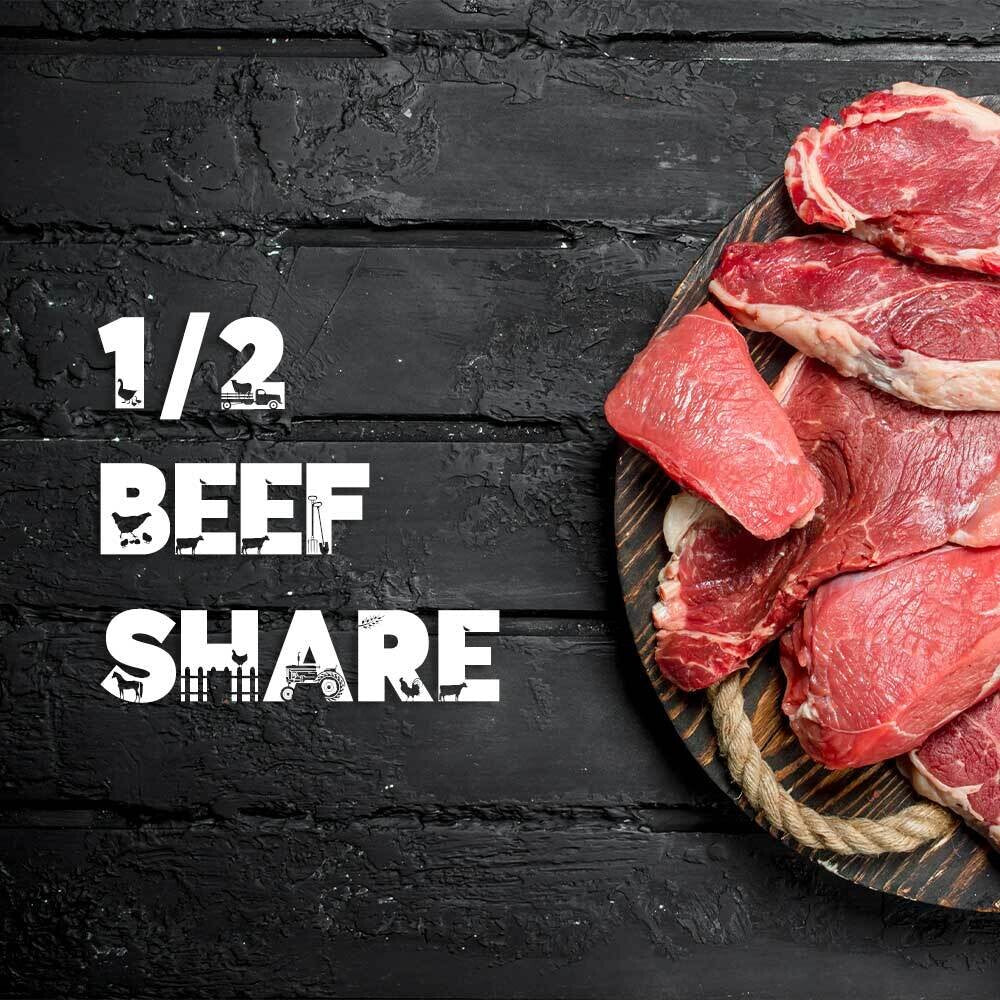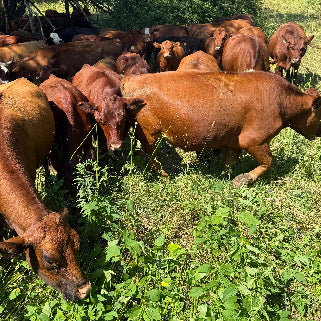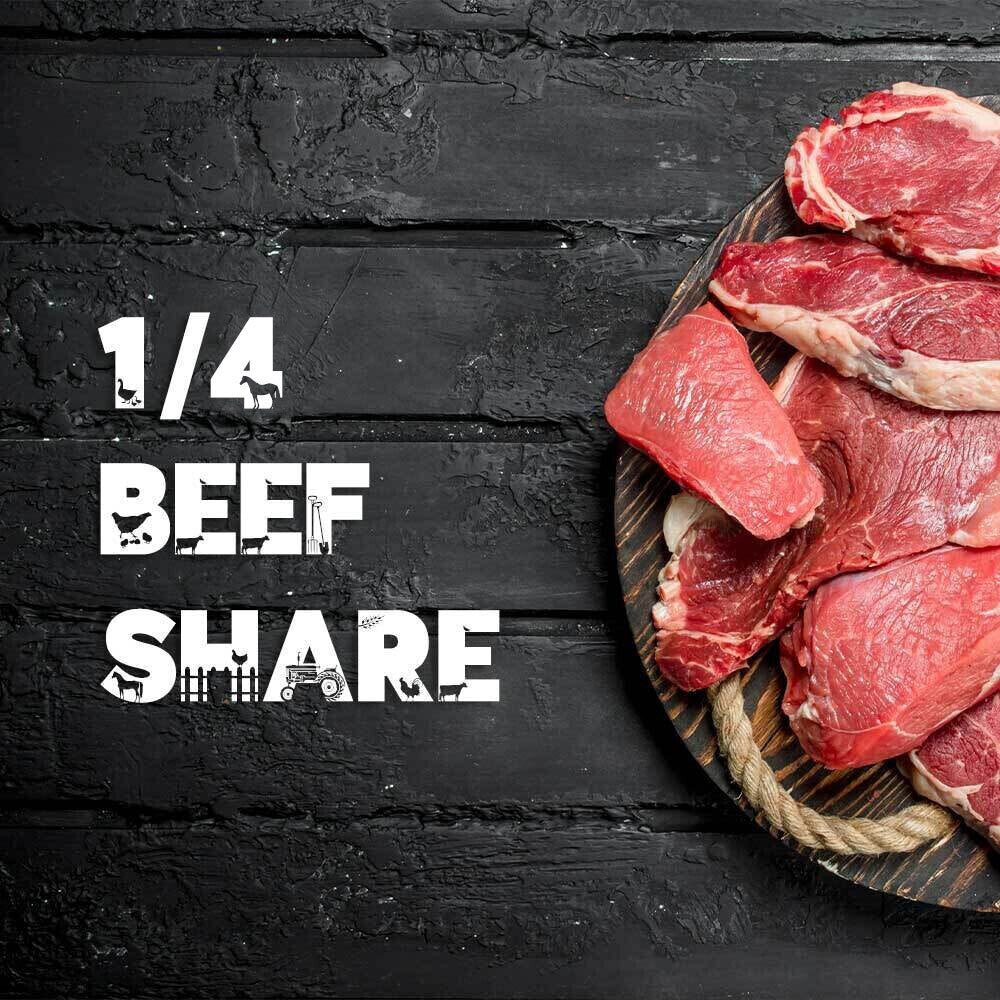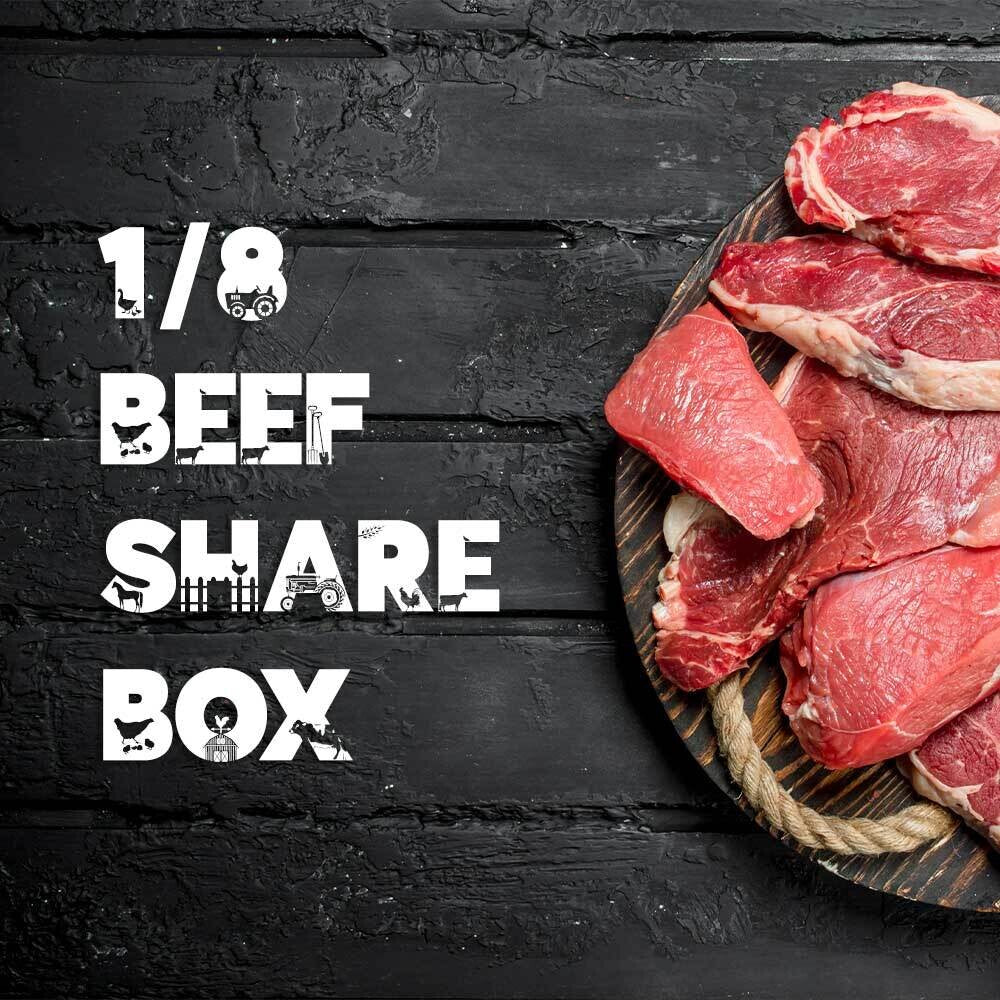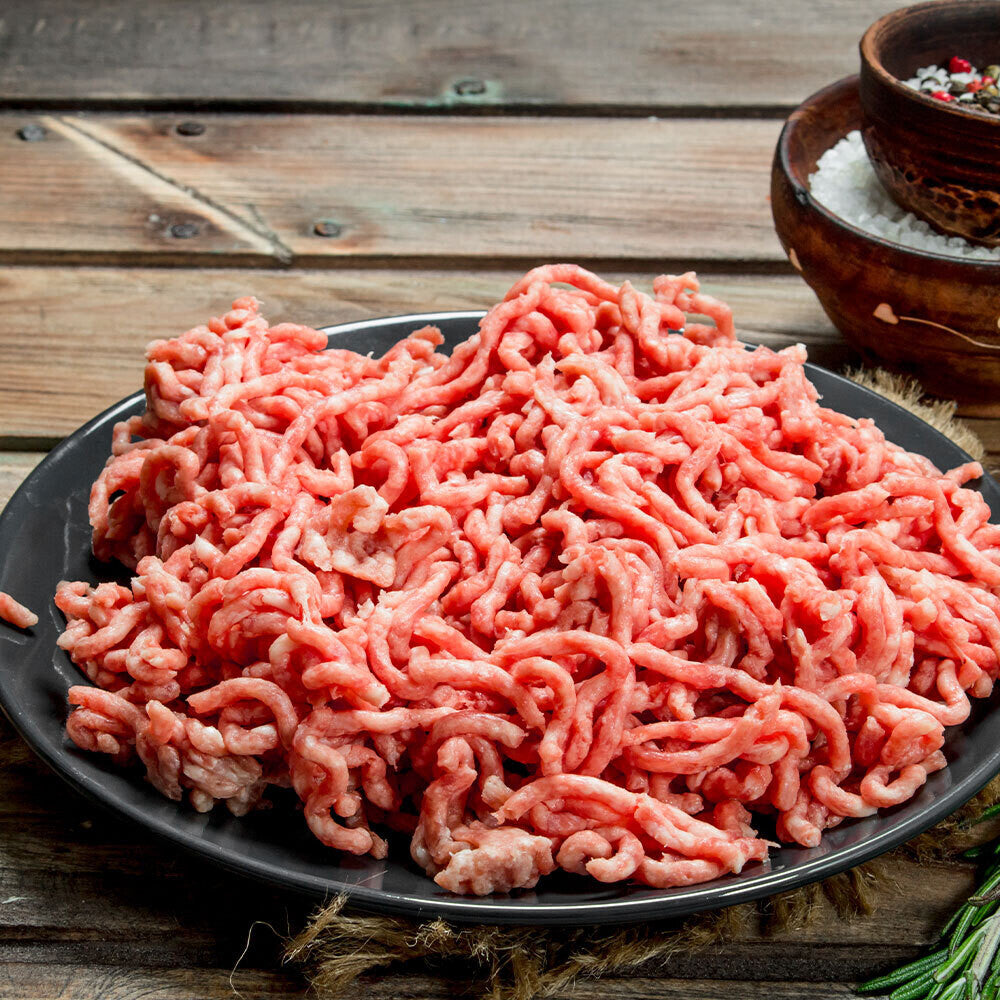
Low B12 and Dementia: Are We Looking in the Wrong Place?
A new study suggests that even "normal" B12 levels might not be enough to protect your brain. Researchers found that people with lower active B12 (the kind your body can actually use) had slower brain function, delayed response times, and more lesions on brain white matter—a marker linked to dementia and cognitive decline.
Dementia is a growing concern. Over 55 million people worldwide were living with dementia in 2020, and that number is expected to nearly triple by 2050 (Alzheimer’s Disease International).
 One thing is clear: nutrition plays a major role in brain health. Studies show that nutrient-dense whole foods—especially those rich in B12—support cognitive function, while poor nutrition and undernutrition are linked to cognitive decline.
One thing is clear: nutrition plays a major role in brain health. Studies show that nutrient-dense whole foods—especially those rich in B12—support cognitive function, while poor nutrition and undernutrition are linked to cognitive decline.
 One thing is clear: nutrition plays a major role in brain health. Studies show that nutrient-dense whole foods—especially those rich in B12—support cognitive function, while poor nutrition and undernutrition are linked to cognitive decline.
One thing is clear: nutrition plays a major role in brain health. Studies show that nutrient-dense whole foods—especially those rich in B12—support cognitive function, while poor nutrition and undernutrition are linked to cognitive decline.
Are We Measuring B12 the Wrong Way?
Doctors often check B12 levels, but many rely on outdated reference ranges. You might be told your levels are “fine,” even if you’re on the low end—where brain function could already be slipping. Then there’s the issue of bioavailability. Just because a supplement label says “1000 mcg” doesn’t mean your body absorbs or utilizes that amount. Is synthetic B12 in a pill really the same as B12 from real food?Where Should You Get Your B12?
The best sources of B12 come from nutrient-dense, unprocessed animal foods, especially:- Lean grass-fed beef
- Beef liver
- Pasture-raised eggs
- Wild-caught fish
- Raw, organic dairy
A 12-ounce grass-finished New York strip steak contains approximately 9.5 to 12 micrograms (µg) of vitamin B12.So the real question isn’t just "Are you getting enough B12?" but "Are you getting it from the right source?" Dementia is on the rise, and nutrition is a key factor. Industrial food systems have pushed people away from the most nutrient-dense foods we evolved to eat—then offer supplements as a fix. But there’s no replacing real food. If brain health matters, so does what’s on your plate. What do you think? Have you had your B12 levels checked? Noticed a difference when eating more real food? Let’s talk.
Tags:
Previous post
Ketosis and Mental Resilience: Insights from Shackleton’s Expedition
Next post








